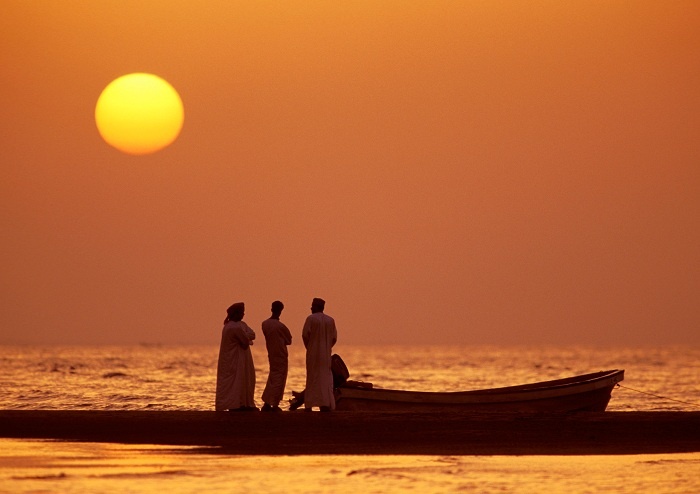
WTM 2017: UNWTO figures show tourism on track for record year
Demand for international tourism remained strong during the northern hemisphere summer peak season.
International tourist arrivals in July and August totalled over 300 million for the first time ever according to the latest UNWTO World Tourism Barometer.
Many destinations reported double-digit growth, in particular in the Mediterranean.
Between January and August 2017, destinations worldwide welcomed 901 million international tourist arrivals (overnight visitors), 56 million more than in the same period of 2016.
This corresponds to a robust seven per cent increase, well above the growth of previous years.
ADVERTISEMENT
With upbeat prospects for the remaining months of the year, 2017 is set to be the eighth consecutive year of continued solid growth for international tourism.
Results reflect the sustained growth in many destinations combined with the recovery of those suffering from security challenges in recent years.
By UNWTO regions, growth was strongest in Africa (up nine per cent) and Europe (up eight per cent), followed by Asia and the Pacific (up six per cent), the Middle East (up five per cent) and the Americas (up three per cent).
This strong performance is confirmed by experts from around the world surveyed for the UNWTO Confidence Index, who evaluated the May-August period very positively.
Prospects for the last four months of 2017 remain also buoyant according to the experts consulted.
“Tourism is a major economic engine and employment generator, contributing to the improvement of livelihoods of millions of people around the world,” stated UNWTO secretary general Taleb Rifai in London for the World Travel Market.
“As we draw to the end of the International Year of Sustainable Tourism for Development, we must reflect on how to manage tourism in a responsible and sustainable way beyond 2017.
“Maximising the social and economic benefits of tourism while minimizing any negative impacts on host communities and the environment should remain at the forefront of our efforts in the years to come, with policy-makers, companies and travellers all contributing to this shared objective,” Rifai added.

